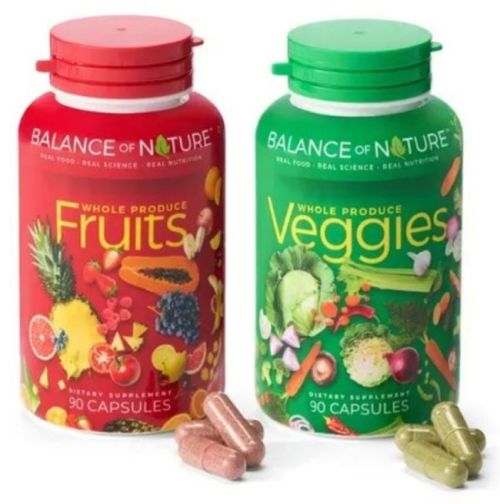On the packaging for Balance of Nature dietary supplements, it says, "Real Food. Real Science. Real Nutrition." A consumer sued, alleging that these statements are false and misleading, because they would lead consumers to believe that Balance of Nature supplements – which are made from freeze-dried fruits and vegetables that are pulverized into a power and then put into a capsule – provide a nutritionally meaningful substitute for eating actual fruits and vegetables that that the company has serious scientific studies to back this up.
Balance of Nature moved to dismiss the lawsuit and a federal district court in Illinois dismissed the case. Here's why.
The plaintiff sued for false advertising under Illinois law. The core issue here, ultimately, was whether Balance of Nature's statements were "likely to deceive reasonable consumers." Balance of Nature argued that because its "real" statements are factually true, they are not likely to mislead reasonable consumers. The court agreed, finding that the plaintiff's arguments "hinge on his own unreasonable gloss on the labels."
Regarding "Real Food" and "Real Nutrition," the court didn't agree with the plaintiff that these statements communicated information about the quantity of nutritional content contained in the supplements. The court wrote, "these words simply do not represent a claim about quantity." Noting that these statements are literally true, the court just didn't think that consumers would take away a misleading message. The court explained, "The label does not suggest that the product provides a certain amount of real food or real nutrition."
Regarding "Real Science," the court also didn't think that this statement communicated anything specific about the type of science behind the company's "real" claims. Essentially, the court found here that since "Real Food" and "Real Nutrition" didn't communicate anything specific, there was no reason to believe that "Real Science" was conveying any concrete information about the level of scientific evidence supporting the company's claims.
Spivey v. EVIG, 2025 WL 1638453 (N.D. Ill. 2025).

The content of this article is intended to provide a general guide to the subject matter. Specialist advice should be sought about your specific circumstances.


